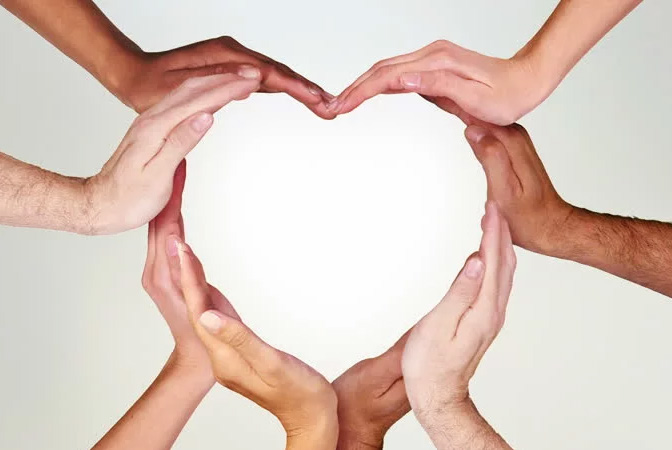Compassion Requires Clarity
“We must learn to regard people less in the light of what they do or omit to do, and more in the light of what they suffer.”
– Dietrich Bonhoeffer
So, at some point in our lives, I’m pretty sure we’ve heard or repeated the old saying, “Don’t judge a book by its cover”. But how many of us still judge people based on what they do or don’t do? I don’t know about you, but I got both my hands raised. For as hard as I try, when people make me angry, I don’t immediately consider their story, I judge them by the deed they just committed and call them a jerk, an idiot, or some other name that their parents didn’t give them. Now granted, I mainly think these thoughts to myself or mumble them under my breath, but the point is I immediately form an opinion of the person or people based on my feelings without ever considering their feelings.

Here’s the thing, we all have bad days, bad months, or even bad years. Pent up hurt, anger, distrust, or shame can cause us to be negative, cynical, or quite unpleasant to be around. Of course, we don’t intentionally try to be “that girl” or “that guy” that people run away from rather than run towards, but sometimes we are. And if no one knows the driving force behind our behavior, they’re left with the wrong impression of who we really are. This is when compassion is needed the most.

You see, showing compassion isn’t just about feeding the homeless or helping out someone less fortunate than us, it’s also about showing grace and understanding to those who wrong us. We don’t know what metaphorical hell someone may live in or the hellish things he or she may have to endure daily. If we take a moment to consider someone may have underlying reasons to why they behave a certain way or say the things they say, then perhaps we won’t be so quick to judge them, write them off, or dismiss them as being a jerk, an idiot, or label them with some other harsh title.
Now I’m not saying we’re supposed to condone people’s nastiness or offensive behaviors nor am I suggesting that we allow ourselves to be someone’s verbal or physical punching bag; abuse of any kind should not be tolerated. What I’m referring to are offenses that don’t cause us bodily harm or recurring conversations with a therapist. I’m suggesting that we simply be more sensitive or cognitive to people’s behavioral motives. Having clarity or knowing the full story enables us to make better-informed decisions and develop more introspective opinions.
Ultimately, we have the freedom of choice to pardon someone for their misconduct or keep them on the hook, and if we choose the latter, let us not forget those times when compassion was shown to us, or when we wished someone had a little more clarity about us and our situation before he or she passed judgment.
Until we speak again…smooches ![]()







0